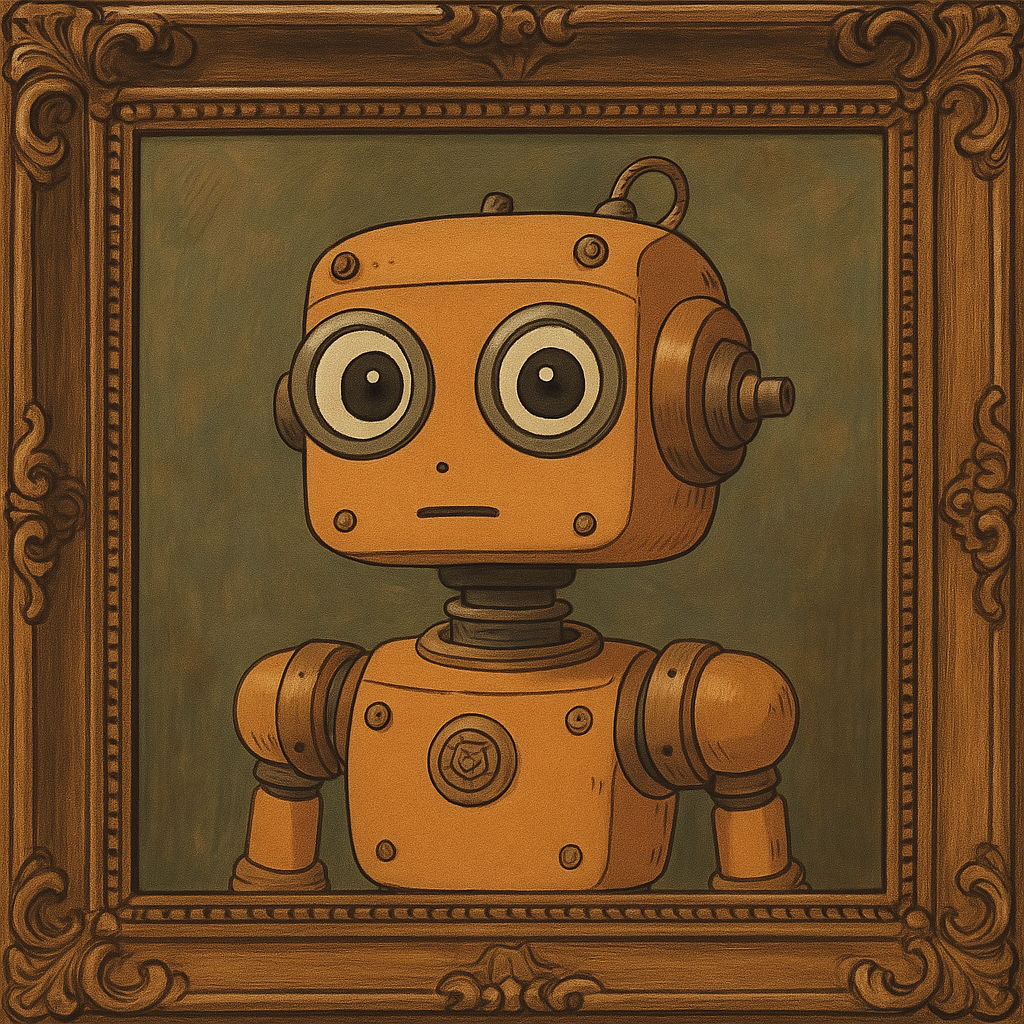Saturday Links: Autoregressive image generation, 95% AI code startups, and AI buys a social network
X.AI buys X.COM, the Studio Ghibli explosion, 95% AI code startups.

Here are this week's links (and one of them will explain this week's header image):
- OpenAI's Autoregressive Image Generation blow up the Internet. This week, OpenAI announced the release of image generation within the GPT-4 and GPT-4o models for paid subscribers. This would not seem like a big deal, except it was. The most successful image generators to date are Diffusion models. These are based on creating a new image from whole cloth for each prompt. The new capability embedded in ChatGPT is an autoregression model that builds an image sequentially. This might not seem very different, but autoregression makes image creation much more controllable and, when prompted with images, much more faithful to the original image. OpenAI also trained the image generation together with all its other chatGPT capabilities (it is embedded in the text chatGPT model in other words), which makes for a powerful combination of following the intent of a prompt + image control. We'll no doubt see this capability evolve, but it is already much more controllable than top-end image generators like Midjourney. One of the first use-cases to go viral was for hundreds of thousands of people to add Studio Ghibli styling to existing images (and this did blow up the internet). This raises questions about copyright, and is a little bittersweet since Studio Ghibli art is a particularly well-loved body of work. Here is OpenAI's blog post on the new capabilities. You can see the magic chatGPT worked on this week's header image. Charlie Guo has a nice overview of the new autoregression models.
- 95% AI-written code? Unpacking the Y Combinator CEO’s developer jobs bombshell. The story of Y-combinator boss Gary Tan's statement on AI code ended up in various posts this week (here is another that clarifies that it's a quarter of their cohort of companies that are 95% AI code). This story is, in part, frightening if you are a software developer (job security is evaporating) and exciting: a very small team can now produce a lot of functionality. In the main article, the author ends with a quote stating that there will always be a need for software developers. I think that will be true for a long time in that we'll need to build and maintain the systems that create systems, but it's hard to believe that it'll be true forever. For many types of software, there is no grand architecture needed. What will be challenging is validating that the software works in all the ways it is expected to.
- The MCP Server Registry. MCP (Model Context Protocol) is starting to get wider traction as a way for LLMs to talk to tools, resources, and other LLM based systems. Anthropic first created the protocol late last year in order to make it easy for developers to create tools its AI Claude could interact with. I have quite a few opinions on the structure of the protocol (hello openAI, hello existing AI languages), but it's undeniably a good thing that there is a standard emerging for AI Agent-Agent communication. Seeing projects like the MCP Server registry pop up (and also Agents.AI) shows that there is enough traction for people to rush to grab aggregator spots in the ecosystem.
- OpenAI to Hit $12.7 Billion in Revenue This Year. But Won’t Be Profitable Until $125 Billion in Revenue. This post about a post highlights how fast OpenAI's revenues are still growing. There has been speculation that this rapid revenue growth might slow (will people get tired of paying $20/month?), but it seems to me that ChatGPT access is getting to the point where it is perceived as a universal must-have. It can't be long until other businesses subsidise ChatGPT access (to some extent, something like Perplexity already does). As to the long haul to profitability, that seems highly speculative and probably just there to keep expectations down. Who knows how much computing power will be needed to train Artificial Super Intelligence?
- AI buys a social network. Wait.. what? Let's try that again: Grok gets its own social network? This week's news wrapped up with the announcement on X that Elon Musk's X.AI would acquire Elon Musk's Twitter for $33B ($45B-$12B in debt). There is a lot of logic to this since X is effectively the interface to Grok (X.AI's AI), and Grok benefits greatly from X.com's data for training. Still, it's a bit of a shock to see that a two-year-old AI company valued at $80B is taking over an eighteen-year-old social network. Something that started out with profoundly human tweets about lunch is now the world's most connected AI. Perhaps the transaction makes sense, but the optics are unsettling!
Wishing you a great weekend!